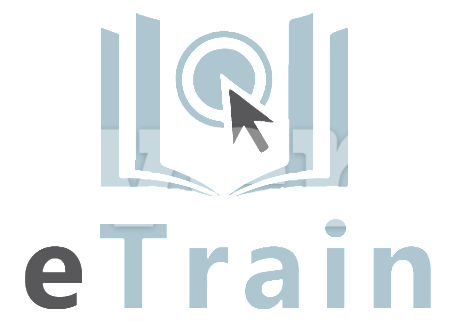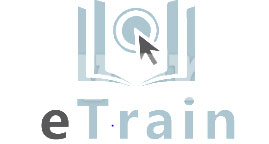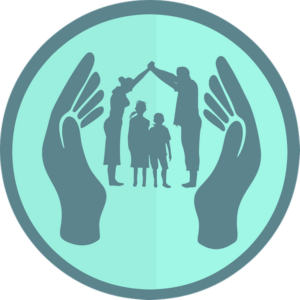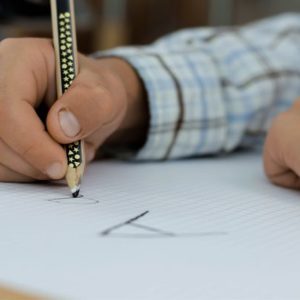Description
Watching a child develop can be incredibly rewarding, whether you’re a parent or a childcare practitioner. Every child is unique, and they reach their developmental milestones at an individual rate. Textbook-defined children are few and far between, which is why observations and assessments are essential if you wish to fully understand what stages a child has reached, and what they may need extra support with.
An Essential Part of the Job
As any childcare practitioner will know, observations are a compulsory part of their job description, and if you’re starting out in one of the many childcare fields, you will learn that observations are a daily requirement. After all, children are constantly changing and learning new things, and as a practitioner, you need to be able to recognise and assess these competently. From observations, you can effectively plan how you can help to develop a child’s skills even further, alongside the support of their parents. Whether you’re hoping to work towards becoming a childminder, nursery nurse, schoolteacher or other childcare practitioner, you’ll find this course that is aimed at Academic to be a useful investment.
An Enriching Syllabus
The course syllabus is filled with enriching, informative resources, including tutorials, extra-curricular reading, presentations and activities that can help you to absorb the information and successfully complete the end of unit assessments.
KEY LEARNING POINTS
Observing children can be a vital element of many childcare roles, from teachers to childminders and Early Years Foundation Stage (EYFS) providers. Signing up for this course would be perfect for those working as, or hoping to work as, a childcare practitioner in any field or setting.
Get to grips with the two main types of observation assessment – formative (continuous observations) and summative (assessment summaries that are occasional). Understand more about the types of observations that can be made, and why you would choose to carry them out.
Learn about the various factors that need to be taken into account when making observations, including ensuring realistic expectations are in place, and ensuring practitioners are well trained, capable and confident.
Appreciate the need for parental consent before observations are made and recorded.
Get to grips with the EYFS 2008 Principles in Practice cards and understand their content. Understand Section 1 of the EYFS statutory framework, with regards to learning and development, as well as the Development Matters in EYFS content.
Understand what makes an effective observation, and how the evaluation can help to decide on the child’s next milestone.
Learn about effective planning, so that issues can be resolved and activities and strategies can be implemented to help a child’s development.
Identify some of the rules that need to be followed with regards to confidentiality.
ADVANTAGES OF THIS COURSE
Online course delivery ensures students can pick up, and put down, the learning material whenever they feel like. There’s no need for work-based placements or commuting to a teaching facility – it’s all there, at the click of a button.
Varied learning resources available, including presentations, tutorial videos and activity sheets, to help keep study interesting and attention-grabbing.
Access to factsheets and online information with regards to the Early Years Foundation Stage (EYFS) guidelines and development stages of children from birth and 5 years.
Extra reading ensures students can expand their expertise even further, providing them with a broad, well-rounded knowledge base.
Downloadable quizzes to test your knowledge and boost your confidence in the subject area.
Give yourself a super chance of achieving your career goals and become the childcare practitioner that you aspire to be.
Technical information is available, should you need help with the courseware at any stage.
Sign up for this informative course on observing children, and continue along your childcare journey!







Reviews
There are no reviews yet.